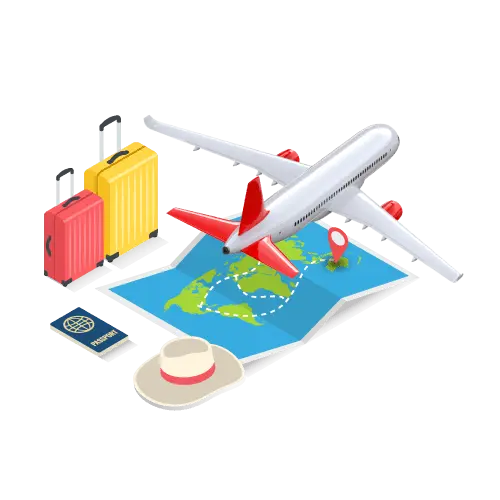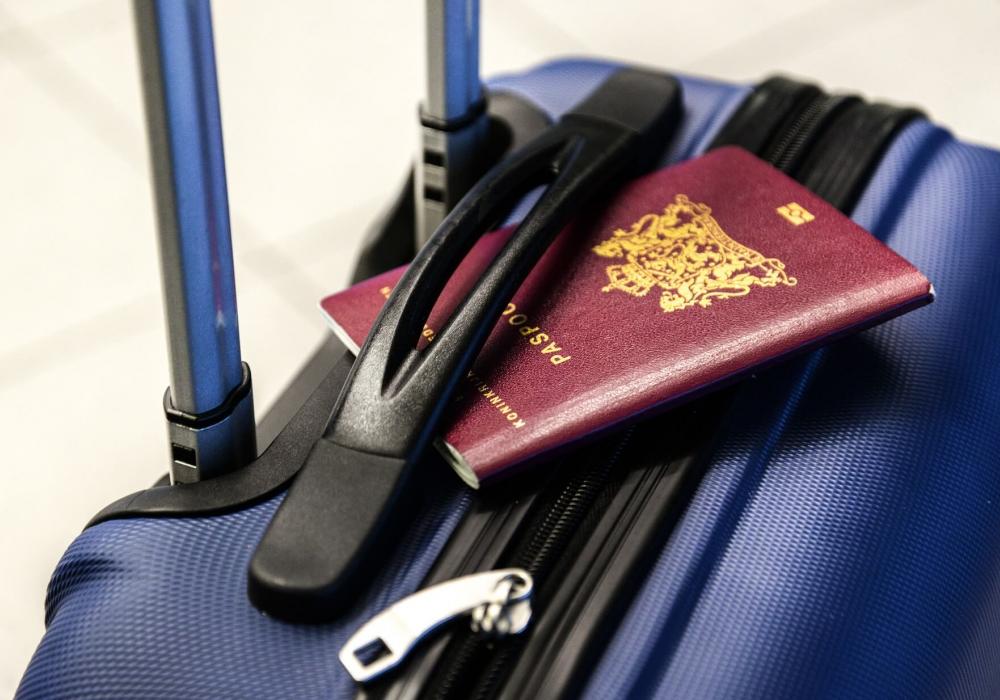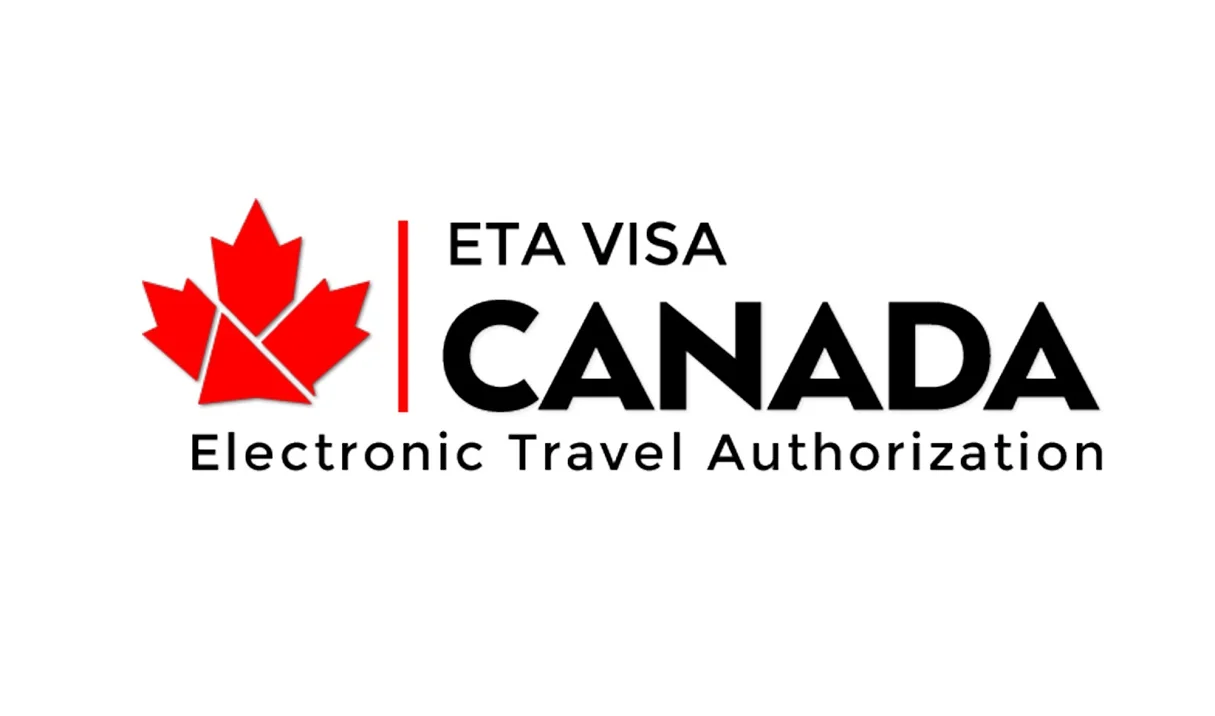immigration
A Comprehensive Guide to Dutch Provisional Residence Permits and How to Apply for an MVV in the Netherlands

A Comprehensive Guide to Dutch Provisional Residence Permits and How to Apply for an MVV in the Netherlands
Some countries need a temporary residence permit, or MVV, in order to enter and stay in the Netherlands for a duration longer than three months.
Applying for a Dutch Visa
Here are the steps for submitting an application for a Dutch residency permit.
coupled with a residency permit and MVV
The Dutch embassy or consulate in your place of origin or in the country where you last had a legal presence for a period of at least three months will accept your application on your own via the Entry and Residence Procedure (TEV). If you have a sponsor in the Netherlands, they may apply for the Entry and Residence Procedure (TEV) on your behalf by filling out the form, getting the required paperwork from you, and submitting it all to the IND. Your sponsor must apply for the TEV process on your behalf in some situations, such as when your motive for remaining is to study or work as a highly skilled immigrant.
Require a resident permit
You or your sponsor may decide to apply for a temporary residence permit with the IND while you are abroad of the Netherlands. If not, you have 90 days from the time you arrive in the Netherlands to file your application. You must submit your application for a residence permit either in person at your local IND desk or by mail.
Application form and ancillary paperwork
The purpose of your stay must be explained, supporting paperwork must be submitted, and you (or your sponsor) and/or specific people associated with your stay (sponsors/employer/accountant/medical professional) must sign certain statements contained in the application form’s appendices. If you’d like more specific information on what is required for different sorts of permits, click on the links for each category of purpose of stay provided below.
When presenting papers from another nation, they must first get legalization or validation from the home nation’s government. All documentation must be written in either Dutch, English, French, or German. If not, the original papers must be given to them together with a translation performed by a translator who has been duly sworn in by a Dutch court.
Fees
There is a fee to process your application. It’s important to realize that the cost does not include the actual permit and that you will not get a refund if your application is rejected. If you are submitting your application at a Dutch embassy or consulate, you must clarify the kind of payment that will be accepted with the diplomatic post. You will get payment instructions from the IND after they have received your postal application. If you submit your application in person at an IND counter, you must pay the whole application fee at your appointment, either in cash or with a Dutch debit card.
Process duration
Even though the IND’s official processing time frame is 90 days, processing times may be as little as two weeks if your application is filed by a sponsor that the IND has authorized. You may phone the IND public information line during this period to inquire about the status (make a note of your V-number or case file number beforehand to speed things up).
If an application is accepted, what happens next?
You’ll get official word that your application for the MVV/residence permits has been accepted, whether you’re the applicant or the sponsor. You have to pick up your MVV at the Dutch embassy or consulate within three months following the approval. The MVV sticker will be applied to seal your passport (make sure your passport is valid for at least an additional three months longer than the MVV). You have three months to travel to the Netherlands after getting the MVV, counting from the sticker’s start date.
If a residence permit is granted, you must pick it up in a Netherlands-based IND office. On the permit, your name, V-number, the date of your visit, the purpose of your visit, and your job status will all be included (whether and how you are allowed to work).
What transpires if the application is denied?
If your application is denied and you are eligible to raise an objection, the next procedures for doing so will be specified in the letter outlining the decision to reject your application. You often have four weeks to write the Immigration and Naturalization Service (IND) and explain why you disagree with their decision. You have the option of filing the objection yourself or having a lawyer or legal agent do so on your behalf. You may get legal aid if necessary. Under the IND, objections must be processed legally within 19 weeks. If the IND rejects your claims, you may appeal to a Dutch court.
What would happen if your house wasn’t ready?
If your request for a Dutch resident permit alone has not yet been approved, you may get a “residence endorsement” sticker for your passport from the IND. While you await the outcome of your application, you may do this to continue living in the Netherlands. The sticker will indicate if you are allowed to work while you apply.
after your residence permit has been approved
After entering the Netherlands and acquiring their residence permit, all non-EU/EEA/Swiss citizens must register with the Municipal Administration (BRP) in their locality within five working days. You cannot start working until you get your residency permit with a work authorization or your passport’s residency endorsement sticker with a work authorization. Not all residence permits immediately authorize work; whether you can do so depends on your particular circumstances. In certain cases, your employer must have a work permit in your name. Working in the Netherlands without the appropriate work authorization might result in severe penalties.
How long is the validity of a residence permit?
You are allowed to travel to and from the Netherlands (as well as other Schengen countries) for up to 90 days in a 180-day period after receiving the MVV. Your Dutch resident card should be available during that time; once picked up, it will replace the MVV.
The length of the residence permit might range from one to five years, depending on the circumstances. It could be possible to extend your residence visa in certain cases, such as when your stay is driven by the desire to work as an au pair, a seasonal worker, as part of a working vacation exchange program, or in order to acquire experience after graduation. You must apply for a new residence permit with a fresh justification for remaining if your present authorization cannot be renewed and you want to continue in the Netherlands.







